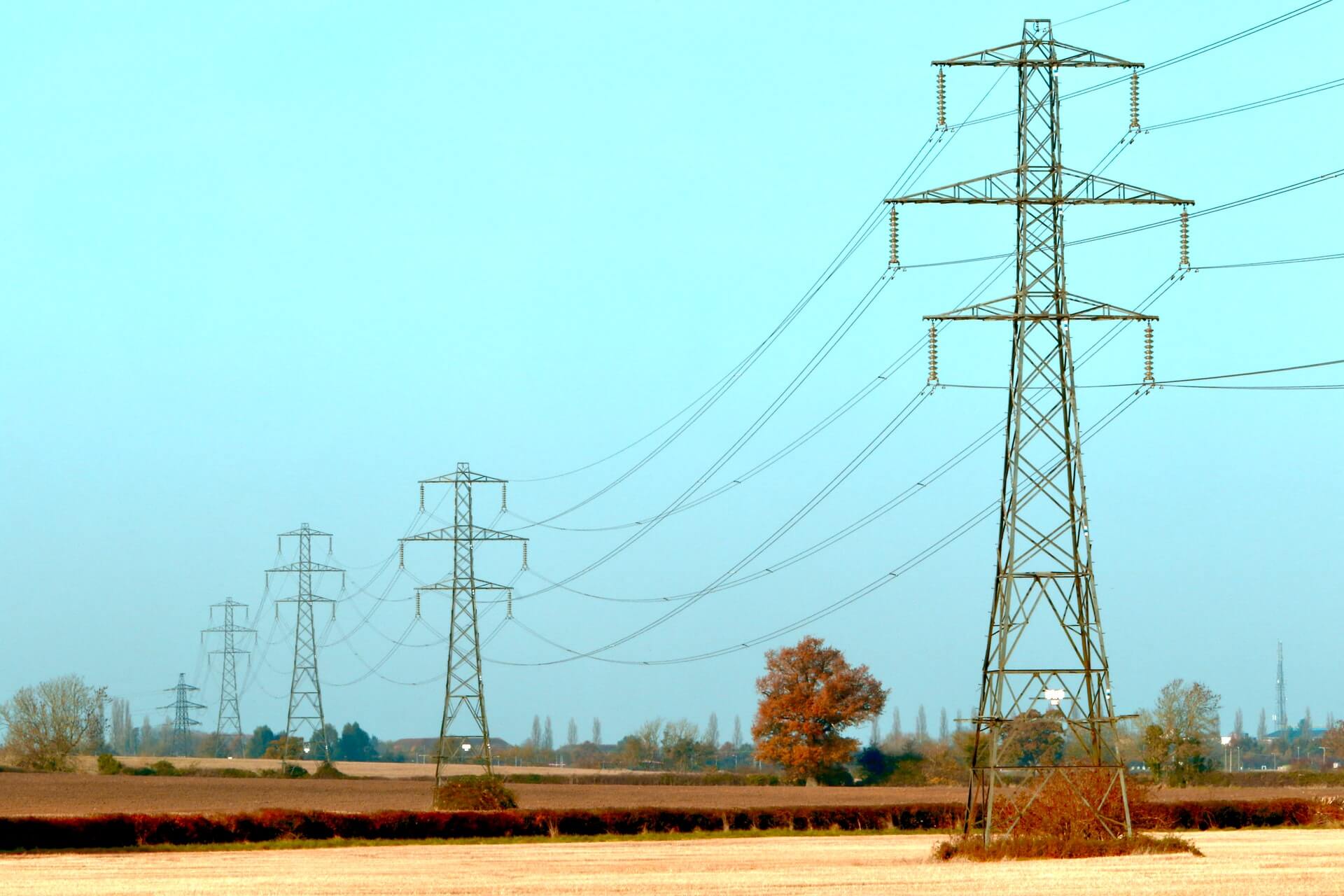We all know that sinking feeling when the lights flicker and go out. If bad weather has been forecast, the utility has probably sent you advance warning that there could be outages. You should have a flashlight or two handy, fuel the car, charge your cell phone and other electronic devices, take a shower, and fill all the containers you can with water. If it is winter, put extra blankets on beds and pray that the power stays on.
Disaster struck mid-February in Texas. Uri, a freak and deadly winter storm, froze the state’s power grid. It lasted an unusually long time: five terrible days.
There was chaos in Texas, including more than 150 deaths. The suffering was severe. Paula Gold-Williams, president and CEO of San Antonio-based CPS Energy, told a recent United States Energy Association (USEA) press briefing on resilience that the deep freeze was an equal opportunity disabler: Every generating source was affected. “There were no villains,” she said.
Uri wasn’t just a Texas tragedy, but also a sharp warning to the electric utility industry across the country to look to their preparedness, and to take steps to mitigate damage from cyberattacks and aberrant, extreme weather.
This is known as resilience. It is the North Star of gas and electric utility companies. They all have resilience as their goal.
But it is an elusive one, hard to quantify and one that is, by its nature, always a moving target.
This industry-wide struggle to improve resilience comes at a time when three forces are colliding, all of them impacting the electric utilities: more extreme weather; sophisticated, malicious cyberattacks; and new demands for electricity.
On the latter rests the future of smart cities, electrified transportation, autonomous vehicles, delivery drones, and even electric air taxis. The coming automation of everything — from robotic hospital beds to data mining — assumes a steady and uninterrupted supply of electricity.
The modern world is electric and modern cataclysm is electric failure.
Richard Mroz, a past president of the New Jersey Board of Public Utilities, who had to deal with the havoc of Superstorm Sandy in 2012, said at the USEA press briefing, “All our expectations about our critical infrastructure, particularly our electric grid, have increased over time. We expect much more of it.”
Gold-Williams said extreme cold and extreme heat, as in Texas this year, put special pressures on the system. She said the future is a partnership with customers, and that they must understand that there are costs associated with upgrading the system and improving resilience. Currently, CPS Energy is implementing post-Uri changes, she said.
Joseph Fiksel, professor emeritus of systems engineering at Ohio State University, said at the USEA briefing that the U.S. electric system “performs at an extraordinary level of capacity” compared to other parts of the world. He said utilities must rethink how they design their systems to recognize the huge number of calamities around the world that have affected the industry.
A keen observer of the electric utility world, Morgan O’Brien, executive chairman of Anterix, a company that is helping utilities move to private broadband networks, believes communications are the vital link. He told me, “Resilience for utilities is the time in which and the means by which service is restored after ‘bad things’ happen, be they weather events of malicious meddling. Low-cost and ubiquitous sensors connected by wireless broadband technologies are the instruments of resiliency for the modern grid. No network is so robust that failure is impossible, but a network enabled by broadband conductivity uses technology to measure the occurrence of damage and to speed the restoration of service.”
Neighborhood microgrids, fast and durable communications, diversity of generation, undergrounding critical lines, storage, and cyber alertness are part of the resilience-seeking future.
As more is asked of electricity, resilience becomes a byword for keeping the fabric of the modern world intact. Or at least repairing it fast when it tears.

 Follow
Follow
Leave a Reply